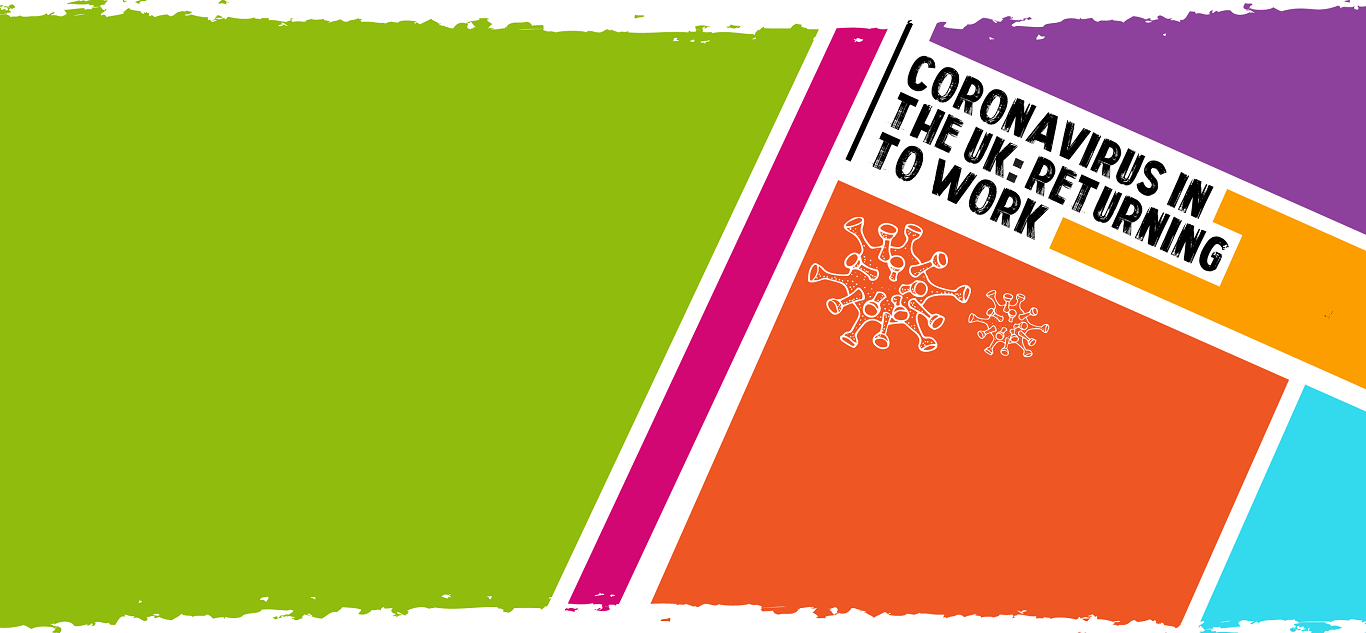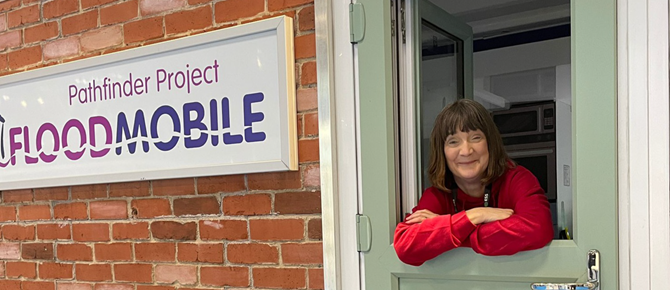 What's next for Personal Lines insurance?
What's next for Personal Lines insurance?
Millions of people have adapted to working from home during lockdown with great ease, with our most recent research of the public suggesting that whilst we have enjoyed lie-ins and the time to read, we are missing interaction with our colleagues. As we enter a new normal our research predicts that we will be kinder and show more appreciation.
We know first-hand how you’ve adapted to the different ways of working, and we’ve continued to support you, as we always have done, just from different locations. Now, as we start thinking about returning to work, we’ve looked into how those of us that don’t usually work at home have been getting on during lockdown and what are the things we are most looking forward to when restrictions ease.
Our research found that a lack of interaction with colleagues was one of the biggest pain points of working from home, suggesting our relationships with our co-workers are an important aspect of our working lives. More than a fifth (21%) cited it as the worst thing about working from home.
The survey found two-thirds (66%) of respondents are looking forward to seeing friends and family when the lockdown ends; this is more than going to the pub or out for a meal (48%), going on holiday (48%) or going outside more frequently (48%). In fact, when asked what they’d most like to do if they had an extra hour in every day the most popular response was to spend it enjoying quality time with friends and family.
Investing time in self-care
Millions of us have been working from home since the Government advised that all who could should do so. Of those Ageas surveyed, the most popular way people have been using some of the time they would have spent on their morning commute is staying in bed longer (56%).
Conversely, a studious 30% say they have also been starting work earlier and a similar amount (29%) said they were getting active and spending some of the morning commute time on exercise.
Looking at their lockdown time more generally, more than half of those surveyed (52%) said they’re investing more time in their hobbies. The most popular of those pastimes involved more time reading books (52%); with sports and fitness (42%); music (33%) and arts and crafts (33%) also popular.
A quarter (26%) have been using their time at home to learn a new hobby or skill, while nearly a third (31%) hadn’t yet, but planned to.
Protecting the NHS and saving lives
Lyn Nicholls, HR Director at Ageas UK, said no matter how people have been choosing to spend their time at home, they have been helping to make a difference by simply staying indoors. She added, “Whether people have been learning a new language or simply enjoying a well-deserved lie-in, their staying at home has helped them to get through the lockdown and helped to protect the NHS, and we thank them for that.”
Together with you, we are just one of thousands of businesses preparing for how working life will look post-lockdown. We did not furlough any of our employees and more than 80 per cent of our employees in the UK are now able to work from home, with strict social distancing and safety measures in place for those essential workers who have needed to be in the office.
We put a series of measures in place to make it easier for staff to work from home and have also been supporting employees with their mental health, with everything from fitness challenges and resources for busy parents, to access to mental health first aiders and wellbeing guides.
Lyn said, “Our research showed employees across the country, not just our own, miss the interaction they have with colleagues in the office and, like many businesses across the UK, we’re now looking at how our staff who have been working from home can return to the office in a safe way, but also how our experiences over the last few weeks provide an opportunity to think about how we want to operate in future.
“This includes looking at flexibility in working hours, changes to the office layout and using technology to our advantage. It’s vital we keep our people safe so they can do what they do best – help our customers during their time of need.”
Predicting the ‘new normal’
Our research found the pandemic may have also made us more appreciative of the things we take for granted. When asked about what the ‘new normal’ could include after lockdown ends, the most popular response was ‘people will appreciate going outdoors more’ (52%).
Responses also suggest employees think the safety measures put in place over recent months will lead to longer term changes in our behaviour. More than half said they thought more people will work from home (51%) and a similar percentage (50%) think we will wash our hands more frequently.
The research also found some heart-warming attitudes to what people think the long-term effects will be. More than a third (34%) think we will show more appreciation for supermarket workers and delivery drivers, more than a quarter (26%) think people will be kinder to one another and a fifth (20%) think society will do more to help the over 70s.




